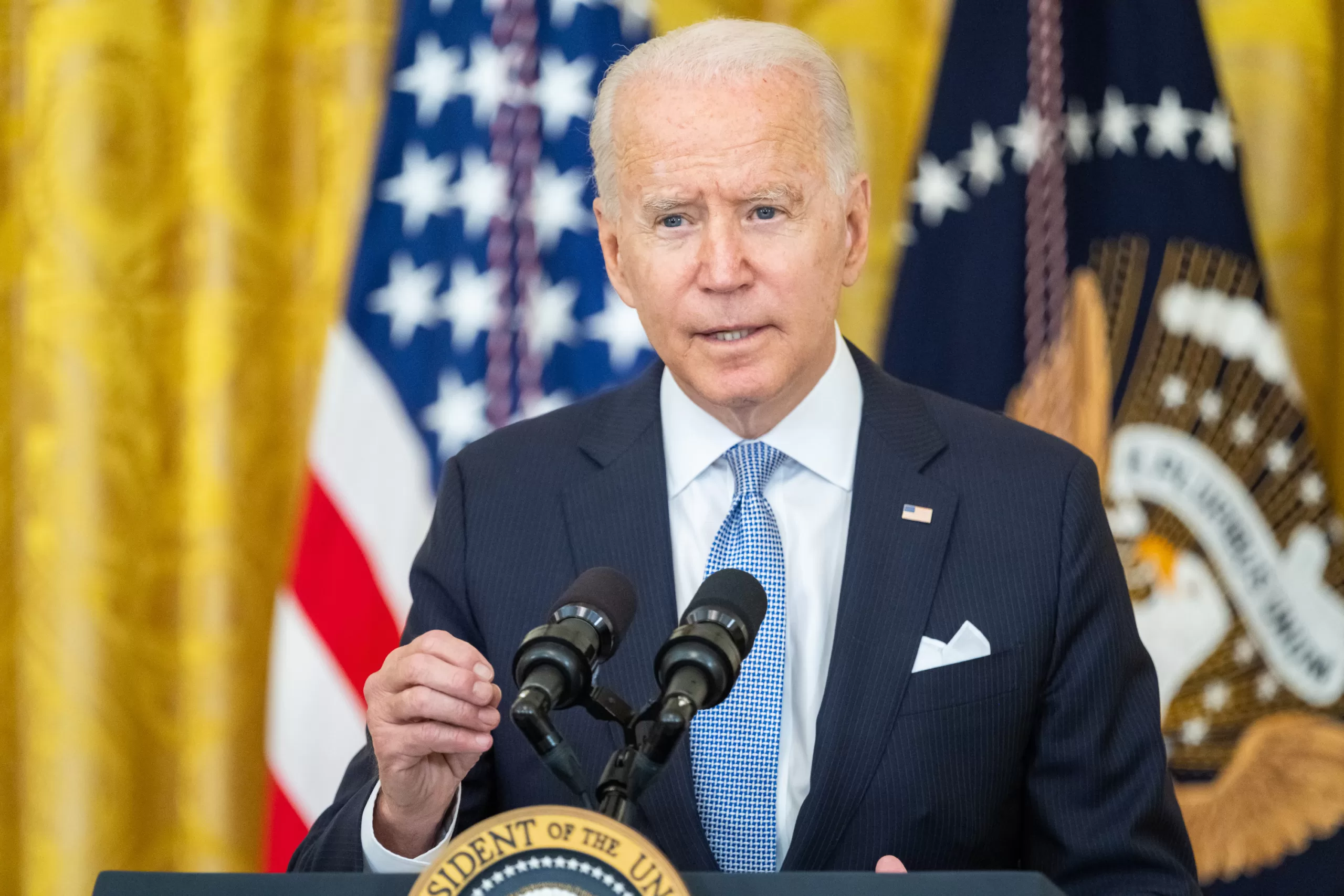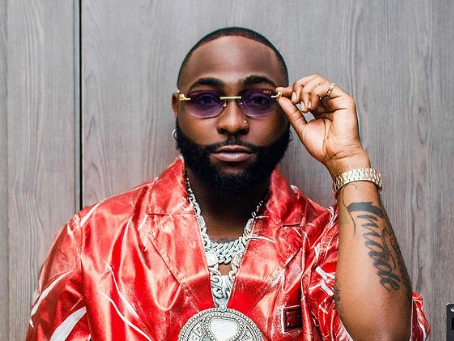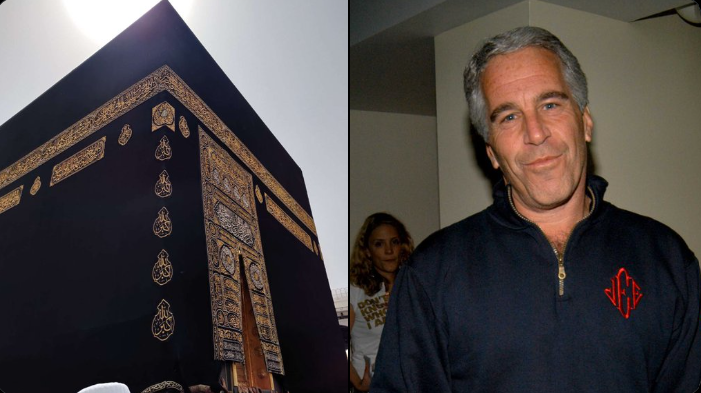When Health Minister Osagie Ehanire was, on Thursday, asked if health workers are being paid “hazard allowance for the job that they are doing,” in tackling the coronavirus pandemic, he said he was “not aware.”
Mr Ehanire added that whether during a pandemic or not, handling emergencies is a “standard job they (health workers) do every day.”
As he said so, his interviewer, House Speaker Femi Gbajabiamila, cut in. “I thought you said coronavirus is novel? How is it a standard job they are doing?” to which the minister replied: “they are screening for temperature.”
The Speaker pressed on. “They don’t screen for coronavirus everyday. They’ve never done it before. It’s the most infectious disease in the world. The answer to my question is that they are not being paid a hazard allowance.”
“I’m not aware” was again the minister’s response.
“You should be aware. You dropped the ball there,” Mr Gbajabiamila chided as lawmakers met with the leaders of Nigeria’s team tackling the coronavirus.
At the same event, the Secretary to the Government of the Federation, Boss Mustapha, made a controversial statement on Nigeria’s health sector.
Mr Mustapha, who is also the chairman of the Presidential Task force (PTF) on COVID-19, said he only realised how bad Nigeria’s health infrastructure was after he was appointed to head the team.
“I never knew that our entire healthcare infrastructure was in the state in which it is — until I was appointed to do this work,” Mr Mustapha told the leadership of the national assembly.
In a report by Premium Times, it stated how nurses and midwives taking care of COVID-19 patients said they had no life insurance and were not receiving any special hazard allowance different from that embedded in their salaries.
An entry level federal doctor or dentist earns an annual consolidated earning of about ₦1.7 million ($4,722), rising to ₦8.5 million ($23,611) for the highest grade, as stipulated in the 2019 Consolidated Medical Salary Scale (CONMESS).
Of this, hazard allowance is ₦60,000 ($167) per annum for medical workers at all grades, said Olanrewaju Amusat, registrar of the department of surgery, University Teaching Hospital, Ibadan.
As for nurses, midwives and other health workers, their total annual entry earning is ₦360,000 ($1000), rising to ₦3.2 million ($8,889) for the highest grade, as contained in the 2019 Consolidated Health Salary Structure.
In contrast, the annual take home pay of each member of the House of Representatives in basic salaries and allowances is ₦17 million ($47,222) — enough to pay at least 10 entry level doctors.
For senators, it is ₦24 million ($66,667) — enough to pay at least 14 entry level doctors. Yet, the lawmakers have maintained that they are underpaid.
For regional comparison, a 2017 report by Africa Check showed that in South Africa, a full time intern earns US$2,760 monthly, seven times more than Nigeria’s. Also, a June 2017 deal signed by Kenyan doctors offered the lowest paid among them a gross monthly pay of KSh212,989 (US$2,000 — 5 times Nigeria’s).
Oftentimes, complaints of poor remuneration and welfare have pushed health workers in Nigeria to down tools.
Nigeria was still bracing on how to contain the spread of COVID-19 in mid-March when resident doctors in Abuja embarked on an indefinite strike. They have since called it off.
Some health workers at the General Hospital, Ilorin, Kwara State, on Friday also protested the ‘risky’ working conditions at their workplace, amidst the coronavirus pandemic.
Because a good work environment ensures a better work delivery, “that is why it’s important for the government to ensure health workers are adequately catered for,” Mr Amusat, the UCH Registrar, told PREMIUM TIMES.
Earnings of workers aside, Nigeria has, administration after administration, never met the agreement in the Abuja Declaration of 2001 where countries agreed to allocate 15 per cent of their national budget to b health.
While he campaigned in 2015, President Muhammadu Buhari promised that “no Nigerian will have a reason to go outside of the country for medical treatment.”
Since he assumed office, however, the president and his immediate family have often travelled abroad, mainly to the UK, for treatment, a common trait shared among many public officials in the country.
Largely based on the poor health infrastructure and welfare, majority of Nigerian doctors want to seek greener pastures.
A survey of 705 doctors found that 9 in 10 Nigerian doctors of all levels are seeking to work abroad, an albatross analysts believe is a further strain on the nation’s understaffed hospitals.
“We hope this pandemic makes the government see the need to set things right in the health sector,” Mr Amusat said

Freelanews is a potpourri of news, entertainment, business, events and photos. This is no fake news.




























